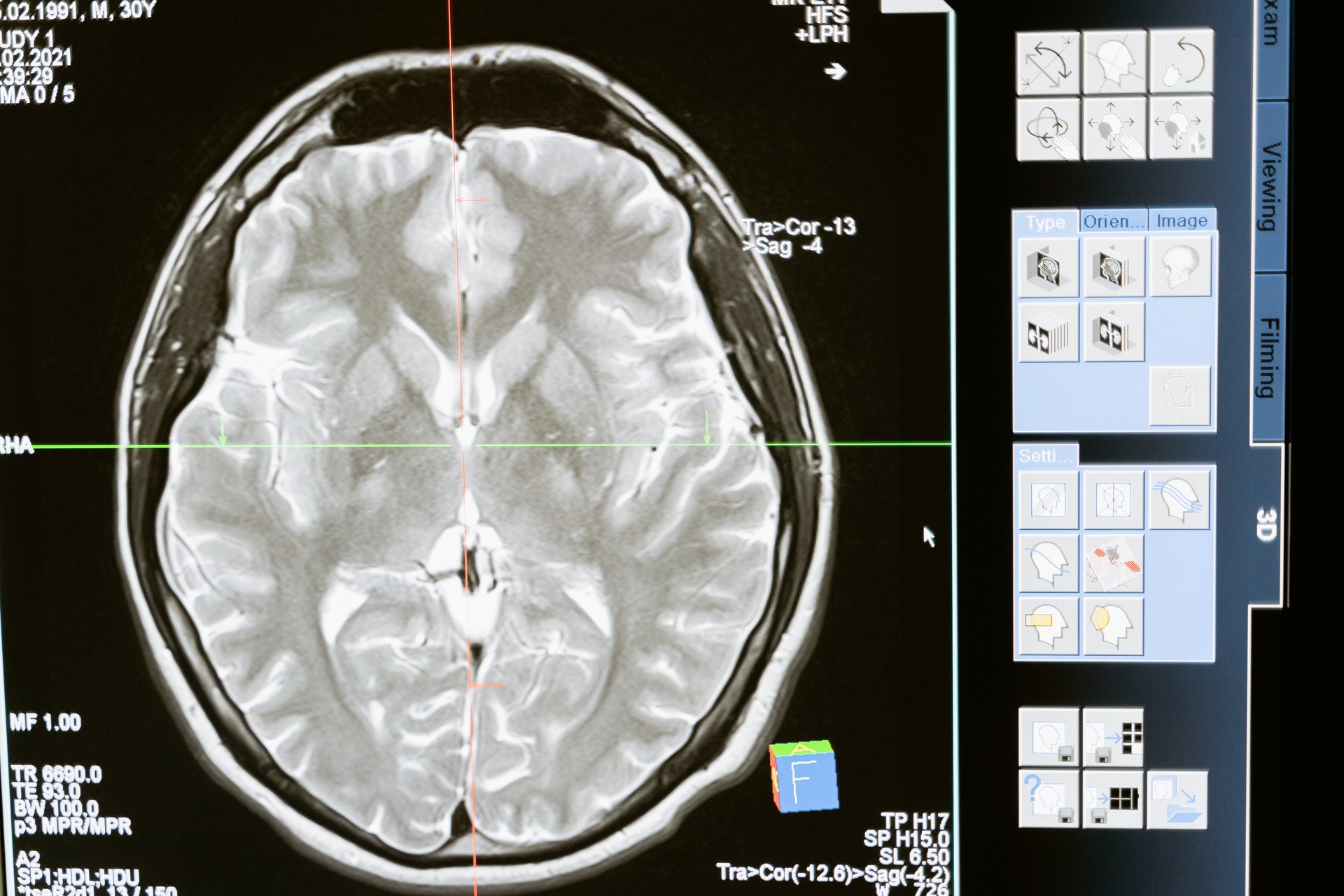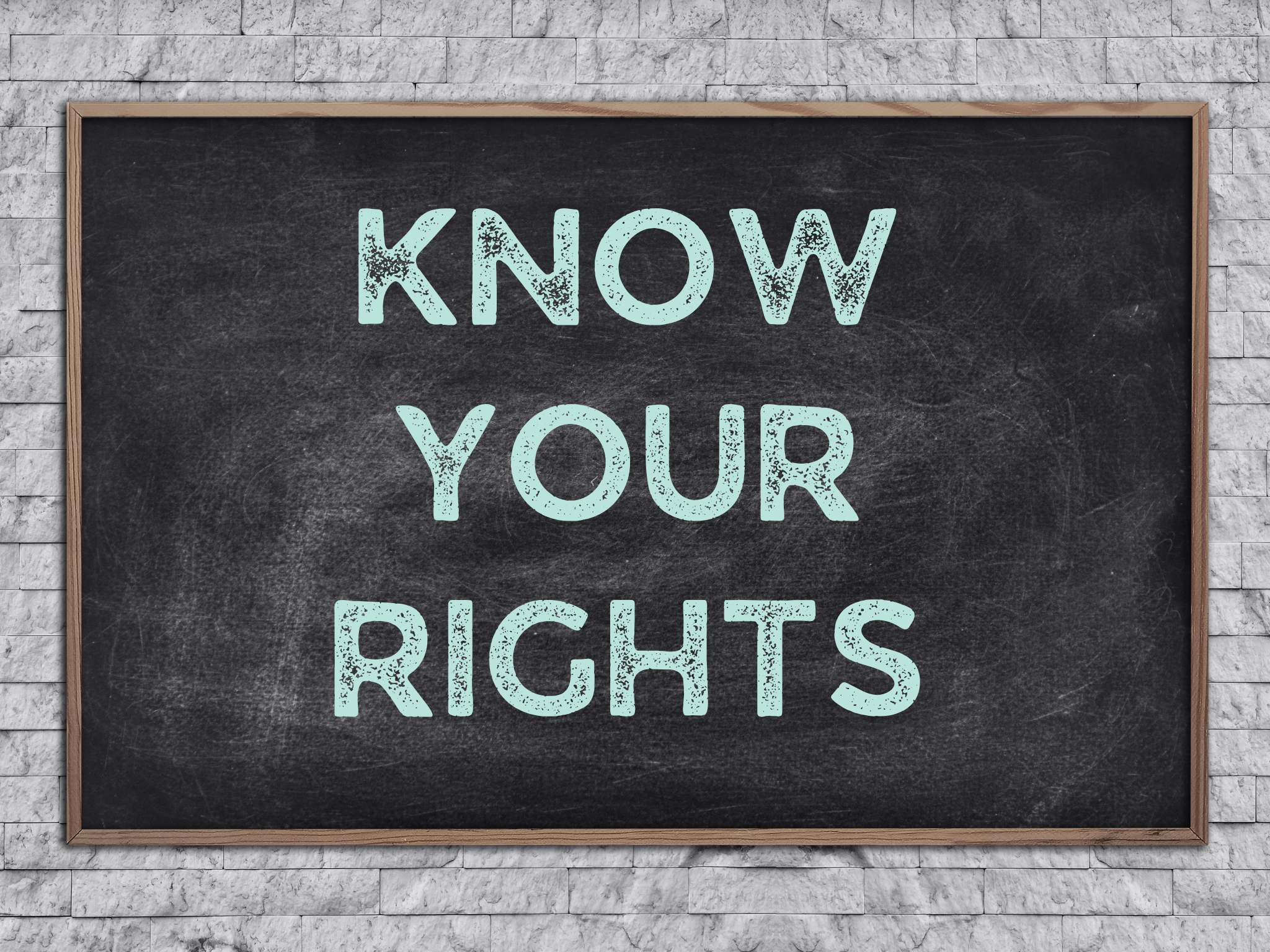Attention-deficit/hyperactivity disorder (ADHD) has been a highly controversial and debated neurodevelopmental disorder, as people often question whether ADHD is a mental health condition, disability, or both.
The short answer to this question? Yes, ADHD is a disability.
Note: this article was written with United States laws in mind. The information within the article may not pertain to you. Please check your region’s policies to learn more about disability rights in your country.
Too long; didn’t read
- ADHD is recognized as a developmental disability under the Rehabilitation Act of 1973 and the Americans With Disabilities Act (ADA), but with strict stipulations.
- It’s important to remember that “disabled” doesn’t mean “helpless”.
- If we remove the stigma around ADHD being a developmental disability, the neurodiverse community may be able to open up more about the challenges of living with ADHD, which could provide us with the encouragement we need to request appropriate accommodations, better manage our symptoms, and take back control of our lives.
Is ADHD a disability?
ADHD is a developmental disability, which means that physical, learning, language, and/or behavior areas could be impaired.1 Developmental disabilities usually start during childhood, and can impact an individual’s day to day functioning, often lasting their entire lifetime.2
Over 6 million people in the United States have developmental disabilities, and one in six American children have one or more developmental disabilities.3,4
Developmental disabilities

Neurodevelopmental (or developmental) disabilities affect the brain as it develops during childhood. ADHD symptoms often appear during childhood and continue into adulthood. The Developmental Disabilities Assistance and Bill of Rights Act (DD Act) defines a developmental disability as a chronic disability that results in substantial functional limitations in three or more of the following areas of major life activity:4
- Self-care
- Receptive and expressive language
- Mobility
- Self-direction
- Learning
- Capacity for independent living
- Economic self-sufficiency
ADHD affects all of the above to some extent. For example, if you have ADHD, you may have experienced difficulties with emotional dysregulation and/or focusing while you’re in learning environments.
Your legal rights

People with ADHD are entitled to certain accommodations depending on the severity of their ADHD (as diagnosed by a professional). For instance, ADHD is considered a protected disability if it’s severe enough to interfere with a person’s ability to effectively work or participate in society.
Symptoms must have also been present for at least one year. However, if ADHD is mild or doesn’t severely impact their ability to function in society, it’s unlikely they’ll receive benefits from federal or state governments.
School accommodations
While ADHD is not a learning disability, it can sometimes impact learning.
Symptoms that can negatively impact a student’s experience:
- Difficulty sitting still
- Inability to pay attention for extended periods of time
- Impulsivity
- Forgetfulness
- Disorganization
Children with ADHD can qualify for accommodations at school under the Individuals with Disabilities Education Act (IDEA).
These include:
- Extra time to complete assignments and tests
- Frequent breaks or time to move around
- Positive reinforcement and feedback
- Using technology to assist with tasks
- Changes in environment to limit distractions
- Shorter assignments
- Extra help to stay organized
College accommodations
For more information on accommodations for ADHD college students, click here.
Work accommodations
Since it’s a developmental disability that continues into adulthood, ADHD can also complicate workplace situations.
Adults with ADHD may have difficulties with:
- Concentrating on work tasks
- Accepting constructive criticism
- Paying attention in meetings
- Arriving and leaving at the expected time
- Meeting deadlines
- Managing long term projects and paperwork
ADHD adults are given basic protection under the Americans with Disabilities Act (ADA), which forbids companies with at least 15 employees from discriminating against disabled workers and requires accommodations to be made for their employees.
However, having an ADHD diagnosis does not automatically grant protection under the ADA. Your company may need a healthcare professional to first verify that you are indeed disabled. Not all employers seek a formal confirmation of disability—many choose to personally discuss the nature of the disability and the limitations a worker faces because of it.
This conversation with your boss would include a discussion of reasonable and effective workplace accommodations for ADHD, which may include any of the following:
- Providing a quiet workspace
- Allowing noise-canceling headphones
- Allowing a flexible work from home schedule
- Frequent breaks as needed
- Allowing assistive technology (timers, productivity apps, calendars, etc.)
- Adjusting or modifying exams, training materials, or policies
- Job restructuring
If you have ADHD and are struggling in the workplace, consider disclosing your disability in the workplace and talking to your boss about possibly arranging the above accommodations.
Disability payments
Families with children who have ADHD could qualify for federal benefits under Supplemental Security Income (SSI) under the Social Security program, which is designed to help children under the age of 18 affected by developmental disabilities.
Adults with severe ADHD symptoms may be eligible to receive Social Security Disability (SSD) payments, which are considered on a case-by-case basis. Adults who can "prove" they’ve had ADHD since childhood are more likely to qualify for SSD benefits.
To qualify, you need an official diagnosis from a healthcare professional along with verified documentation that you have marked inattentiveness, impulsivity, and/or hyperactivity.
Societal barriers: imposter syndrome and internalized ableism
ADHD can feel like an invisible disability—especially if you spend a significant amount of your day masking your symptoms. So when it's finally time to consider accommodations, many of us freeze because of imposter syndrome. We tell ourselves that our ADHD “isn’t that bad,” or that we “don’t need or deserve disability rights.”
Additionally, ADHDers are sometimes reluctant to apply for disability benefits because of internalized ableism—fearing they’ll be viewed as “less than” others around them.
Think of it this way:
People with physical disabilities can still function as long as they have access to their required means of accommodations, such as ramps or wide spaces. This is no different for a person with ADHD requiring arrangements in order to function in their daily life.


.jpg)



.jpg)

